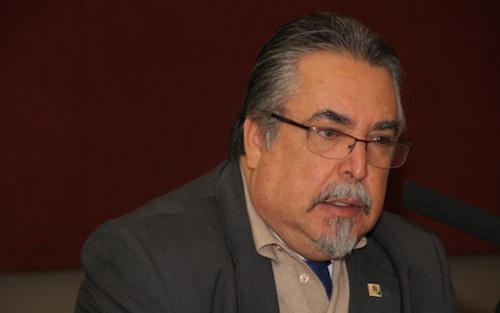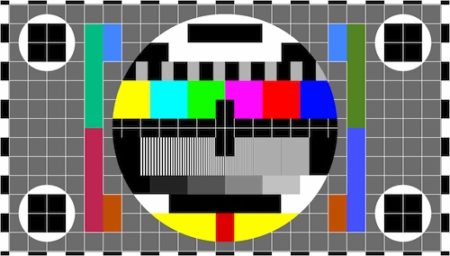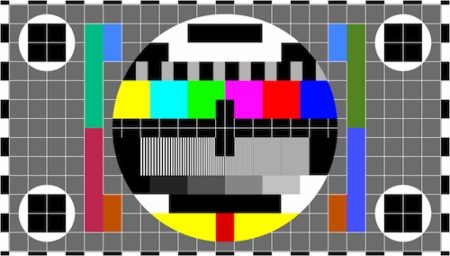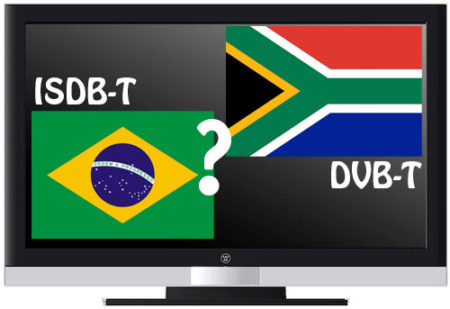
Brazil has set aside money and expertise to help SA if it ditches its commitment to the European standard for digital terrestrial television and stumps for the standard used in the South American country instead.
André Barbosa Filho, special advisor to the presidency of Brazil, says that if SA decides to adopt Brazil’s integrated service digital broadcasting terrestrial (ISDB-Tb) standard, it will bring in people to discuss joint ventures for the manufacturing of television sets, mobile television handsets and digital set-top boxes.
He says the country has set aside funds to bring in representatives to begin discussions.
The department of communications dropped a bombshell on SA’s broadcasting industry in April when it called a symposium to discuss whether the country should maintain its commitment to the digital video broadcasting terrestrial (DVB-T) standard.
The department wanted to know whether SA should consider other standards, including Japan’s ISDB-T. (The Brazilians adopted a version of ISDB-T).
This prompted speculation that SA had concluded some or other behind-the-scenes deal with the Brazilians, an accusation that communications department director-general Mamodupi Mohlala has steadfastly denied.
SA formally agreed to use the DVB-T standard in 2006 when it signed an agreement with the rest of the Southern African Development Community (SADC) and the International Telecommunication Union.
Now, Brazil is getting ready to put forward money and other inducements to have its standard recognised on the African continent.
Fihlo says Brazil has been involved in the roll-out of digital TV to many of the South American countries that have adopted the IDSB-Tb standard.
He says the country has participated in many joint ventures in manufacturing across the trade zone, and has also helped participating South American countries with software development.
Though Japan appears to have brought little to Brazil in terms of investment, Fihlo says the Asian country gave Argentinean broadcasters financial assistance to implement the technology.
“Japan, with [Brazil], will do the same in SA,” he says. A Japanese delegation will be in SA next week to put forward its position on the ISDB-T standard.
Brazil’s push to see its standard implemented in Africa will bring it much needed economies of scale. Fihlo says about 50m people already use ISDB-T and ISDB-Tb, and Africa would be a good place to grow.
According to Fihlo, Brazil has already spent US$200m on innovation and development around ISDB-Tb. The country’s government has also guaranteed $1bn to broadcasters to get on board with the conversion.
Brazil developed its own software for set-top boxes called Ginga. The software is Java-based and Brazil says it fits the SA government’s open-source software agenda.
Fihlo says Brazil’s migration to digital has seen best results in mobile television. The country has created its own mobile TV devices that it hopes will soon find a bigger market.
With mobile penetration high in SA, it is not surprising that Brazil is angling to get its standard developed here.
SA broadcasters are still waiting to hear from the department on what it plans to do with the standard. SADC has reportedly set up a ministerial task team to investigate the standards and report back by August. — Candice Jones, TechCentral
- Subscribe to our free daily newsletter
- Follow us on Twitter or on Facebook




